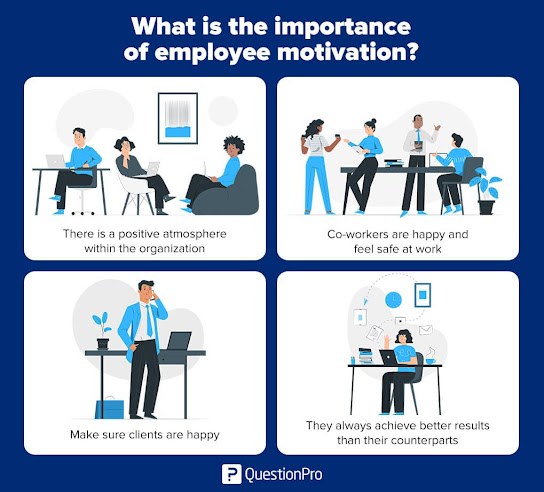TALENT MANAGEMENT
Introduction
The fundamental concept of talent management – that it is necessary to engage in talent planning to build a talent pool by means of a talent pipeline – is a key concern of human resource management (Armstrong 2014, p. 236)
Talent management seeks to attract, identify, develop, engage, retain and deploy individuals who are considered particularly valuable to an organization. To be effective, it needs to align with strategic business objectives. By managing talent strategically, organizations can build a high-performance workplace, foster a learning climate, add value to their employer brand, and improve diversity management. (CIPD, 2022)
Image 1: Talent Management Pipeline (Armstrong 2014)
Definition of Talent Management.
As defined by CIPD,
There are many definitions of the term ‘talent’. From our research, we’ve developed a working definition for both ‘talent’ and ‘talent management’:
Talent refers to individuals who can make a significant difference to organizational performance, either through their immediate contribution or by reaching their highest levels of potential.
Talent management is the systematic attraction, identification, development, engagement, retention, and deployment of those individuals who are of particular value to an organization due to their high potential or because they fulfil critical roles.
As defined by Armstrong,
Talent management is the process of ensuring that the organization has the talented people it needs to attain its business goals. It involves the strategic management of the flow of talent through an organization by creating and maintaining a talent pipeline.
As defined by Lewis and Hackman (2006),
Talent management is defined in three ways:
- as a com bination of standard human resource management practices such as recruitment, selection and career development;
- as the creation of a large talent pool, ensuring the quantitative and qualitative flow of employees through the organization (ie akin to succession or human resource planning);
- as a good based on demographic necessity to manage talent.
Importance of Talent Management
It’s obvious that for most of the organizations human capital is far most important than their physical capital hence managing talents impacts the overall performance of an organization. Having a proper talent management framework ensures the following for an organization,
- It helps businesses improve performance.
- It allows companies to stay competitive.
- It drives innovation.
- It decreases turnover.
- It leads to strong employer branding.
- It motivates others to grow.
Talent Management Framework
A talent management framework is a model that integrates organizational processes that attract, motivate and keep top talent for an organization (Indeed, 2022). An organization should develop a talent management framework to retain talent within the organization. There are so many talent management models, but the key five elements should exist in a proper talent management framework; planning, attracting, developing, retaining and transitioning.
References
Armstrong, 2014. Armstrong’s handbook of human resource management practice, (Available at) https://e-uczelnia.uek.krakow.pl/pluginfile.php/604792/mod_folder/content/0/Armstrongs%20Handbook%20of%20Human%20Resource%20Management%20Practice_1.pdf?forcedownload=1 (Accessed on May 2023)
CIPD, 2022. Talent management, (Available at) https://www.cipd.org/uk/knowledge/factsheets/talent-factsheet/ (Accessed on May 2023)
Valamis, 2021. Talent Management, (Available at) https://www.valamis.com/hub/talent-management (Accessed on May 2023)
Momtazian.M, 2023, What is Talent Management and Why is It Important? (Available at) https://expert360.com/articles/talent-management-important (Accessed on May 2023)
Indeed, 2022. How to Create a Talent Management Framework (With Example), (Available at) https://sg.indeed.com/career-advice/career-development/talent-management-framework (Accessed on May 2023)





Comments
Post a Comment